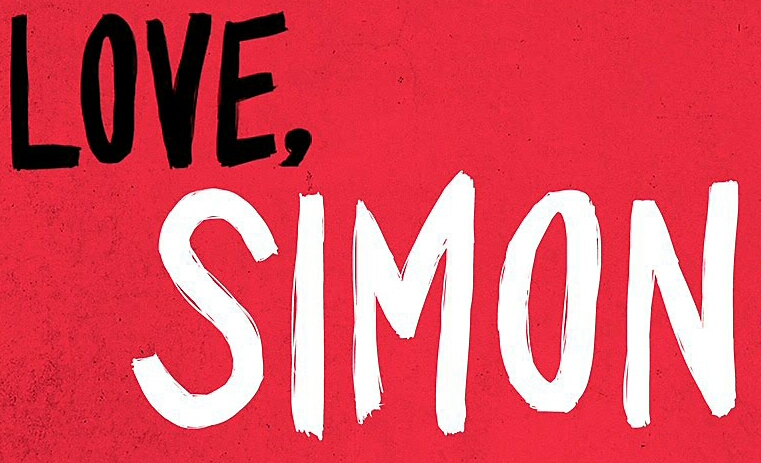As a queer person, I went through most of my life never really seeing representation of queer identities in popular media. The only time I did see queer people on the screen was when news stations brought up stories surrounding gay marriage. As an adolescent who felt lost and isolated, I was forced to explore these feelings on my own, without the help of an adult. I was terrified to talk to an adult because of how I would hear them in church talk about the LGBTQ+ community.
Flash-forward to 2018, and “Love, Simon,” a feature-length film featuring a gay love story, seemed too good to be true. Let alone the fact the protagonist, Simon Spier, is played by Nick Robinson, a cishet man. Despite my eyerolls, my friend dragged me along to the movies to watch it.
I cried on my way out of the movie theater after seeing this film. I never felt a connection with a character on the big screen before; I felt seen for the first time in my life.
I recently rewatched “Love, Simon” because I had nothing better to do, and my take on this film has switched 180 degrees.
One thing I immediately noticed after rewatching was how much they played up how “normal” Simon Spier is. HE comes from a normal, loving family with a great group of friends. His fashion sense is… basic, to put it mildly. He personifies the ideal well-rounded high school student.
Simon’s life stands in stark contrast to that of Ethan, the only out gay kid at his school. He is a flamboyant gay man, with long hair, feminine outfits, and an exclusive all-girl group of friends. Because Ethan is out and the school knows about his sexuality, he becomes subject to homophobia within the first 20 minutes of the movie. The quote that instantly sunk my heart was Simon witnessing the incident, and then blaming Ethan for the homophobia, noting “I wish Ethan wouldn’t make it so easy for them.” This was the first red flag I noticed, and it was all downhill from there.
What “Love, Simon” aimed to do was show that gay people are just like “everyone else” (see: straight people). This even included subtle homophobia. Simon becomes a beacon for the “ideal gay man,” or a non-effeminate gay man. Compare Simon’s hoodie and straight jean wardrobe to that of Ethan’s pastel vests and scarves, and you see the palpable contrast. After Simon is outed and a very homophobic incident occurs, Simon and Ethan are waiting for their turn to talk to the principal. Simon then apologizes to Ethan, saying, “none of this ever happened when just you were out.” What I heard from this was, “homophobia was only directed at you before and that was fine but now it’s affecting me and now I am not okay with it.”
Though the movie tries to be a positive representation for LGBT individuals in popular media, it falls flat in the execution. It instead puts the “not like other gays” gay person on a pedestal, lauding them for being “normal,” and alienating or condemning those who are more identifiable as queer.
As someone who grew up in an unwelcoming household, it feels like a slap in the face to show a gay character with the idyllic home life an ostracized queer person yearns for. I would have killed to have my mother give me the soulful talk Mrs. Spier gives Simon; I would have sold my soul to have my dad tell me he loved me after he found out. It showcases the life every queer individual wish for, and it displays it just out of arm’s reach.
The film was way too ideal for the average queer experience. Upon first glance, it promises comfort and an escape. Riding the hype, it felt like it delivered. However, this film aged like milk left out on a warm summer day. Yes, there are some cases where people’s coming out stories parallel Simon’s; and yes, the first time I watched the film I was drawn and hooked in by how amazing the people around Simon were in accepting his identity. Nevertheless, despite the film focusing on a queer individual, it felt like it catered to a cishet audience’s expectations of LGBTQ+ life instead of reflecting the realistic and common queer experience that would have made it more appealing and relatable for queer youth. Was it a good first attempt for mainstream youth LGBTQ+ representation? I would say so. Could it have been better? Sure! For a film so heavily focused on being a watershed moment for Hollywood, expectations were higher than what we were given.

